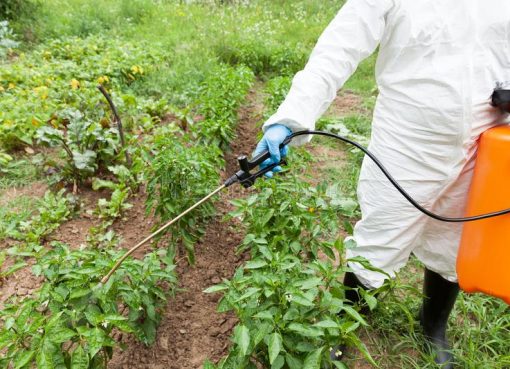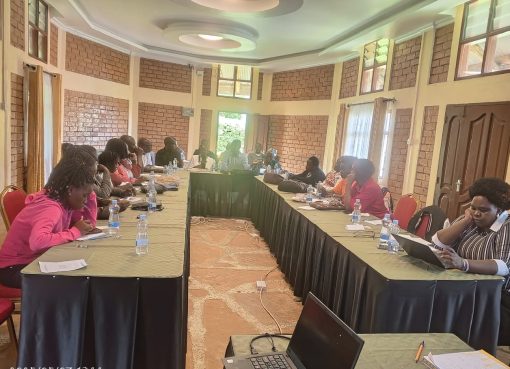The latest Standardized Monitoring and Assessment of Relief and Transitions (SMART) survey has shown that county’s Global Acute Malnutrition (GAM) rate decreased by up to five point’s percentage from the initial 26.40% in June 2023 to 21.8% in June 2024.
The decreasing in GAM rate can be attributed to the short rains and the intensified humanitarian support following the prolonged drought.
Meanwhile, the survey also revealed that Turkana South showed a significant improvement, with the GAM rate dropping from 32.7% to 23.7% in the same period.
The SMART survey is conducted to determine the prevalence of malnutrition among children aged 6-59 months, and women of reproductive age in all sub-counties.
In a validation meeting of the results that was supported by Save the Children and ADRA Kenya, the Department of Health and Sanitation and stakeholders also shared recommendations to enhance future interventions.
Speaking during the meeting, Director of Nutrition and Dietetics, Saada Loyokon, explained that Turkana South’s GAM rate has improved due to the collaborative efforts of stakeholders despite the insecurity within the sub-county.
“The directorate will be working together with the Community Health Services to ensure that the nutrition indicators are also improved at the community level,” she said. Hence, she added that the directorate will also seek to work with programs, such as Tuberculosis, to assess the required nutrition interventions.
The Director, Preventive and Promotive Health, Dr. Bonventure Ameyo, commended the nutrition stakeholders for consistently conducting surveys to ensure quality of data that inform decision-making.
“There is a need to educate expectant women about the importance of iron and folic acid supplements and nutritional foods, as well as to tracing them for antenatal care,” he said.
Dr. Ameyo suggested conducting follow-ups to track children who missed immunization due to the nationwide vaccine shortage.
Additionally, Director of Community Health Services (CHS), Dr. Joseph Lolepo emphasized that community health promoters should be capacity build on Integrated Community Case Management (ICCM) to assist in diagnosis, treatment of key childhood illness, and immediate referral of malnutrition case.
Other attendees included officers from directorates of nutrition and dietetics, CHS and agriculture, and sub-county nutritionists.
Partner representatives included USAID NAWIRI, UNICEF Kenya, Malteser International, International Rescue Committee, World Health Organization, Kenya Red Cross Society, Amref Health Africa in Kenya, SAPCONE, Welthungerhilfe Kenya, Concern worldwide, World Relief International Kenya and National Drought Management Authority.
By Peter Gitonga





